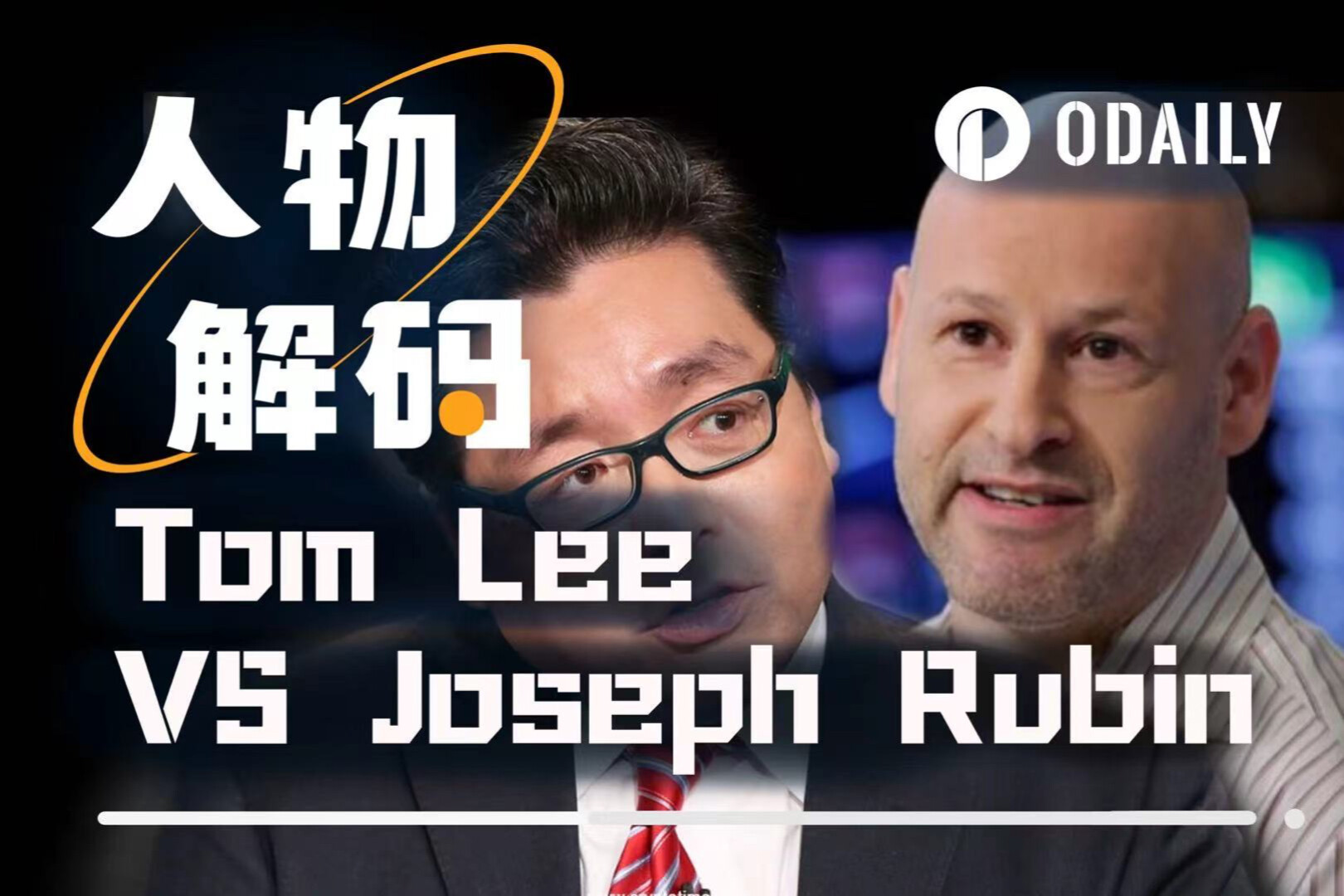Beginning this Monday, the Ministry of Digital Transformation of the Ukrainian government announced with a high profile that it has signed a memorandum of understanding cooperation agreement with the Stellar Development Foundation. The memorandum of understanding outlines Ukraine’s strategy for developing digital assets and CBDC (Central Bank Digital Currency, or CBDC) infrastructure. This includes supporting projects specializing in digital assets, implementing and regulating a stable ecology in circulation, and promoting the development of CBDC.
Although the specific implementation plan and details of the cooperation have not been announced yet, affected by this, the price of XLM then began to rise. It rose by 17% on Monday and 22% on Tuesday. It still rose strongly at the opening today, with a maximum increase of 15%. As of the current price, XLM has risen by 70% in 3 days!
first level title
secondary title
Russia—WAVES
The attitude of the Russian government towards the blockchain has always been ambiguous. On the one hand, the Russian government explicitly prohibits the use of cryptocurrencies as a means of payment and implements government supervision on domestic blockchain projects. On the other hand, the Russian government has made public statements many times Emphasizing the importance of blockchain technology, President Putin once publicly stated: "Russia needs blockchain, and we must not fall behind the times."
In August 2020, a piece of news about WAVES hit the entire currency circle—the WAVES Enterprise platform under WAVES will help Russia’s constitutional referendum. Russia will pilot a blockchain-based nationwide electronic voting system developed by Rostelecom in partnership with Waves Enterprise in September. The system will make the voting process more confidential through blockchain technology, and guarantee that the voting results can only be decrypted through the system, and the results will not be changed during the voting process. Citizens' personal identities can be separated from their voting results through anonymous signature technology , to ensure the security of citizens' information. At that time, about 600,000 voters will use the system to vote, which is by far the largest voting case using blockchain technology.
secondary title
South Korea—ICX
Compared with Russia's ambiguity, South Korea's attitude towards blockchain is more open. On the one hand, the Korean people may be the most blockchain-obsessed group in Asia; on the other hand, the South Korean government hopes to use blockchain technology to stimulate economic vitality and restore economic glory. Therefore, South Korea has been vigorously developing and encouraging the blockchain industry, and is committed to the formulation of international blockchain technology industry standards. In 2020, South Korean government investment in blockchain projects reached $12.8 million.
ICX is such a Korean local blockchain project. It is benchmarked against "Ethereum" and is known as "Korean Ethereum". Since its inception, ICX has cooperated with the South Korean government in many ways, and cooperated with Samsung to jointly develop the "Securities Company Joint Certification System" to ensure asset security; optimize customs clearance procedures for South Korean customs and provide "smart solutions". According to the official website, ICON has connected various social organizations belonging to many Korean banks, securities companies, insurance companies, hospitals, universities, e-commerce, etc.
first level title
sad
secondary title
Venezuela - Petro
At the beginning of December 2017, Venezuelan President Maduro stated that Venezuela will issue "Petrocoin", which is an encrypted digital currency issued by Venezuela based on the country's reserves of oil, natural gas, gold, diamonds and other resources. According to the white paper released by the Venezuelan government on January 31, the circulation of petro is 100 million. President Maduro said that each "petro" is worth a barrel of crude oil. About 100 million tokens will be issued, estimated to be worth about $6 billion. On February 20, 2018, Venezuela officially began the pre-sale of the country's self-developed encrypted digital currency "petro", whose value is linked to oil.
Aiming at the 2700% inflation rate, civil strife and economic collapse in Venezuela. Venezuela hopes to change this situation through the "petro currency". However, "before birth, die first", the road to survival of "petroleum currency" can be described as difficult. On the one hand, the international community did not recognize it. At that time, countries around the world had extremely strict attitudes towards the blockchain. Since the birth of the “Petrocoin”, countries have issued announcements warning of its risks. On March 20, 2018, U.S. President Trump signed an order prohibiting the United States from trading digital currencies issued by the Venezuelan government on or after January 9, 2018. Insufficient, it is not a legal digital currency, but a TOKEN whose price fluctuates with the market, which is extremely vulnerable to manipulation by consortiums and has a high risk factor.
secondary title
Tunisia—E-Dinar
In November 2019, the Central Bank of Tunisia suddenly announced that it had launched the digital version "E-Dinar" of the national currency Dinar (Dinar), becoming the first country in the world to issue a central bank digital currency (CBDC). Different from Venezuela’s petro currency, the Central Bank of Tunisia launched the world’s first CBDC. The “E-dinar” issued by it is not only endorsed by its national banknotes, but also belongs to the central bank’s electronic currency, which is the same in nature as the national currency and anchored The value circulates without price difference.
Tunisia’s central bank said that with the help of CBDC, transfers between individuals and businesses are done by scanning QR codes. And it is planned that in the next few months, Tunisians will be able to use E-Dinar in thousands of shops, cafes and restaurants.
However, due to the small economic system and lack of influence in the international community, the development of E-Dinar has not progressed. According to reports, it was originally planned to popularize more than 1,000 physical stores, but in the end it was only installed in some cafes on the central street... ..
Blockchain was first applied in finance, but due to its safe and efficient performance, it continues to attract people's attention, especially for government departments that coincide with confidentiality, and rely heavily on blockchain technology to achieve innovative transformation of governance. As another high-tech after artificial intelligence, the convenience of the blockchain will be fully reflected in the subsequent government management, but the blockchain is not mature enough after all, and its development in the government field cannot be achieved overnight. Development and innovation.




